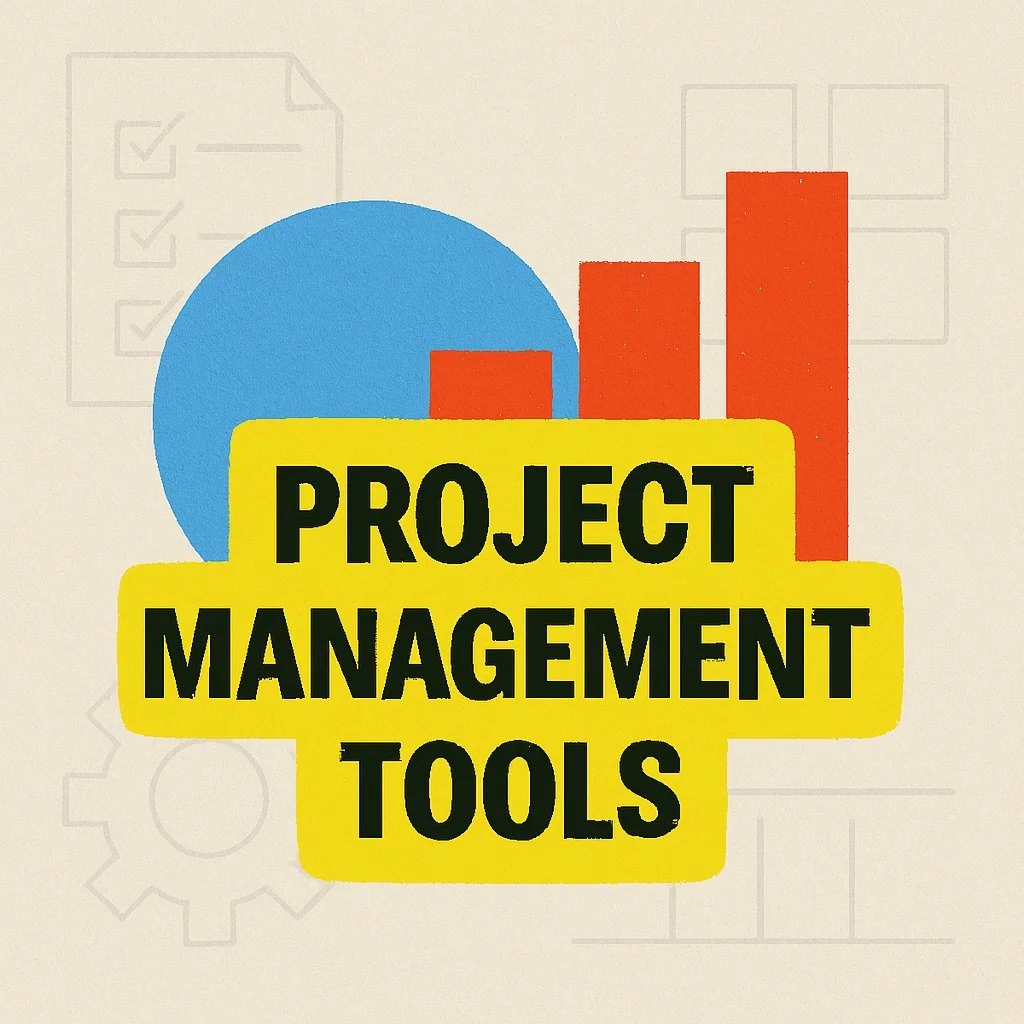The 5 Levels of Project Management Tools for Software Development
I wish someone taught me this before my first app project
Today’s Tip: There are 5 levels to go from chaos to clarity in software project delivery. Use this framework to figure out where your team needs to focus next.
Every software founder I know is looking for smoother execution.
Every dev team I know is looking for fewer bottlenecks.
Turns out, the best edge across both is choosing the right project management tools for your current stage of development.
This framework has helped countless teams and founders align better, ship faster, and burn less budget.
The 5 levels of project management maturity in software development:
Level 1 – Wtf is happening in this project?
Level 2 – Okay, we have a task board…but nobody uses it
Level 3 – Okay, we’re tracking tasks…how do we keep devs and stakeholders aligned?
Level 4 – Okay, we’re aligned…but how do we scale our system?
Level 5 – Okay, everything’s working…how do we keep it this way while growing?
Level 6 – Scalable ops, happy teams, on-time launches
Every high-functioning team goes through these stages to get from mess to momentum.
And what’s wild is that each level only requires one key shift to unlock the next. Once you know what to focus on, things get much easier.
Level 1
Question: Wtf is happening in this project?
Answer: At this stage, all you need is visibility. Set up a single source of truth — even if it’s a basic Trello board — so the team can see what’s being worked on, what’s blocked, and what’s done.
Level 2
Question: Okay, we have a task board…but nobody uses it.
Answer: Now, focus on tool adoption. Pick a dev-focused PM tool (Linear, Jira, ClickUp) and integrate it into daily rituals — standups, planning, and reviews — so it becomes the operational core.
Level 3
Question: We’re tracking tasks…how do we keep devs and stakeholders aligned?
Answer: You need structure and documentation. Use tools like Notion or Confluence to store specs, link them directly to dev tasks, and run weekly async updates for full-team alignment.
Level 4
Question: Okay, we’re aligned…but how do we scale this system?
Answer: Time to layer in automation and integrations — GitHub/Bitbucket PR tracking, Slack alerts, CI/CD pipelines, and templates for repeatable sprints. This reduces manual effort and helps your team ship faster at scale.
Level 5
Question: Everything’s working…how do we keep it this way while growing?
Answer: Build an operating system. Define rituals (planning, retros, check-ins), team roles, and growth paths. Use advanced tools like Productboard or Roadmap for strategy tracking while keeping your build engine humming.
I love this framework because it gives both founders and teams a clear lens to evaluate their tooling and systems without the overwhelm.
But let’s zoom out for a second…
This post isn’t just about tools — it’s about building better apps with less chaos.
So how does this help software teams in real life?
Well, most teams jump into a project with no plan, no shared language, and no structure — and then wonder why they miss deadlines.
But when you approach tools with this 5-level framework, here’s what happens:
The 5 levels of project management tools for software teams:
Level 1 – Set up a visible, shared task system
Level 2 – Pick the right PM tool and bake it into your rituals
Level 3 – Align everyone with linked specs and shared documentation
Level 4 – Automate what slows you down
Level 5 – Turn your tools into a repeatable operating system
Whether you're just starting out or scaling a multi-dev team, this framework helps you avoid the mess and move faster — without burning out.
PS – If you want help choosing the best project management tools for software development, book a FREE Zoom call with me and let’s discuss.
People also read:
The foolproof formula for answering: “How much does it cost to hire an app developer?”
The future of app development is not what you think...
The Best Language for Mobile App Development? These 6 Archetypes Win Every Time
